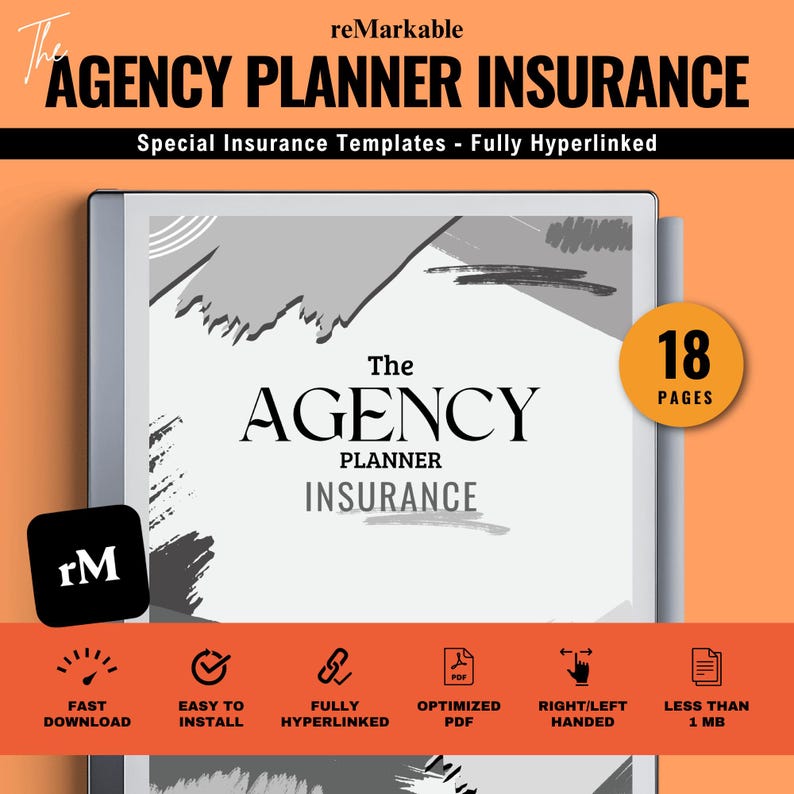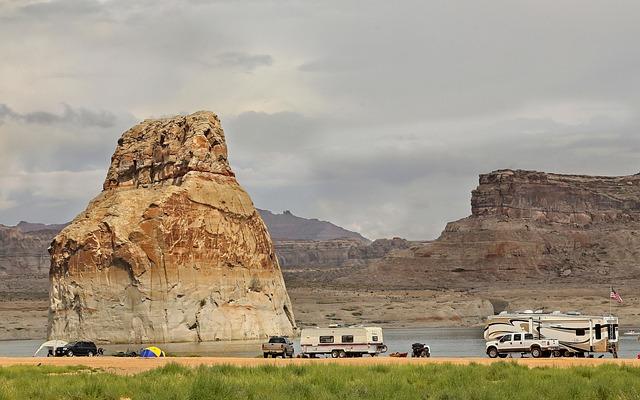When it comes to hitting the open road in a recreational vehicle (RV), understanding the different types of RVs and how insurance coverage varies for each is essential for any traveler. From compact camper vans to luxurious Class A motorhomes, each RV category comes with unique features, costs, and insurance requirements. Navigating the complexities of RV insurance can be overwhelming, but having the right coverage tailored to your specific type of RV ensures peace of mind during your adventures. In this article, we’ll break down the main types of RVs and explain how insurance policies differ, helping you make informed decisions to protect your investment on every journey.
Table of Contents
- Types of Recreational Vehicles and Their Unique Insurance Needs
- Understanding Coverage Options for Motorhomes versus Towable Trailers
- Key Factors Influencing Premiums for Class A, B, and C RVs
- Expert Tips for Selecting the Right Insurance Based on Your RV Lifestyle
- The Way Forward
Types of Recreational Vehicles and Their Unique Insurance Needs
Recreational vehicles come in a variety of styles, each with distinct features that influence their insurance requirements. Class A motorhomes, the luxury giants on wheels, often demand comprehensive coverage due to their size, high value, and extensive amenities. They typically require specialized policies that cover not only the vehicle but also costly onboard equipment. In contrast, Class B camper vans, smaller and more maneuverable, may benefit from a simpler insurance plan focusing on liability and collision protection, given their compact nature. Meanwhile, Class C motorhomes blend features of both and generally necessitate a balanced approach to coverage, combining elements of personal auto and motorhome insurance.
Towable options like travel trailers and fifth wheels present another set of insurance challenges. Since these units are towed by a separate vehicle, coverage often splits between the tow vehicle’s policy and a separate policy for the trailer itself. Insurance for trailers usually emphasizes protection against physical damage and liability, especially important when left stationary or during transit. Additionally, pop-up campers and folding trailers, due to their lightweight and less complex nature, may attract lower premiums but still require adequate coverage for theft, damage, and liability. Understanding these distinctions helps RV owners tailor their insurance strategies to fit the specific risks associated with each RV type.
- Class A: High-value coverage, comprehensive protection including onboard amenities
- Class B: Simplified liability and collision coverage, suitable for smaller vehicles
- Class C: Balanced coverage combining auto and motorhome policy elements
- Travel Trailers/Fifth Wheels: Separate trailer insurance focusing on transit and stationary risks
- Pop-up Campers: Basic insurance accommodating lightweight and foldable designs
Understanding Coverage Options for Motorhomes versus Towable Trailers
Key Factors Influencing Premiums for Class A, B, and C RVs
When determining insurance premiums for Class A, B, and C RVs, several critical factors come into play. The vehicle’s size and value are primary considerations; Class A RVs, often luxury models with high price tags, naturally command higher premiums due to their replacement costs and repair expenses. Conversely, Class B vans tend to have lower premiums because of their smaller size and simpler construction. Additionally, the intended usage — whether for occasional weekend trips or full-time living — affects risk assessment, as frequent use increases exposure to accidents or wear and tear. Insurers also weigh the driver’s history and experience, looking for any past claims, traffic violations, or RV-specific driving expertise.
Another impactful element is the geographic area where the RV is primarily used and stored. Regions prone to harsh weather, theft, or accidents typically trigger higher insurance costs. Maintenance habits and installed safety or security devices, such as GPS trackers or fire suppression systems, can help reduce premiums by lowering potential claims. Finally, insurers analyze coverage levels requested; opting for comprehensive plans with extensive liability, collision, and full replacement coverage will naturally increase the cost. Understanding these nuanced factors helps owners of all three RV classes make informed decisions tailored to their lifestyle and budget.
- Vehicle size and market value
- Usage frequency and purpose
- Driver experience and record
- Location risks and storage conditions
- Safety features and maintenance routines
- Coverage amount and policy specifics
Expert Tips for Selecting the Right Insurance Based on Your RV Lifestyle
Choosing the perfect insurance policy for your RV begins with a keen understanding of how you intend to use your vehicle. Are you a weekend warrior, driving short distances to enjoy brief getaways, or a full-time traveler who calls their RV home? Insurance needs vary dramatically based on your lifestyle. For part-time users, comprehensive coverage with roadside assistance and personal belongings protection might suffice. However, full-timers often require enhanced liability limits, increased personal property coverage, and even specialized endorsements for things like full-time residency or extended travel across multiple states.
Consider these essentials when tailoring your insurance plan:
- Type of RV: Class A motorhomes may need higher liability coverage than a compact camper van due to size and value differences.
- Frequency and distance traveled: Frequent travelers might want to add roadside assistance or motor club memberships.
- Storage and security: If your RV spends a lot of time parked, coverage for theft and weather damage is crucial.
- Personal belongings: Consider riders for expensive gear or technology you carry inside your RV.
By aligning your policy with these critical factors, you ensure comprehensive protection tailored to your unique journeys and peace of mind wherever the road takes you.
The Way Forward
In conclusion, understanding the different types of RVs and how their insurance coverage varies is essential for every RV owner or prospective buyer. Whether you’re cruising in a compact campervan or a luxurious motorhome, having the right insurance ensures peace of mind on the road. By tailoring your coverage to fit your specific RV type and usage, you can protect your investment and enjoy your adventures worry-free. Remember, consulting with an experienced insurance agent can help you navigate the nuances and find the best policy that suits your travel lifestyle. Safe travels and happy camping!






